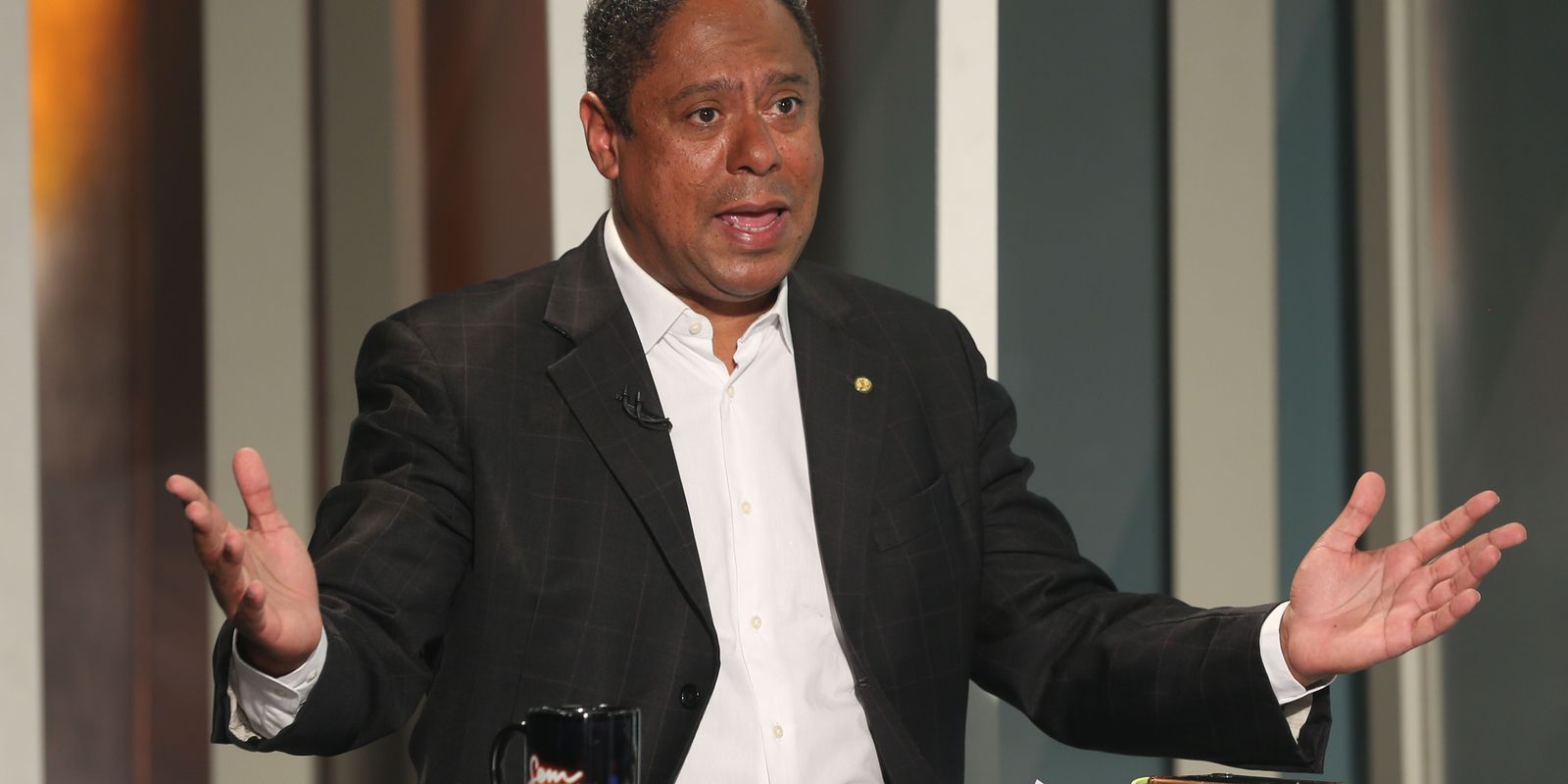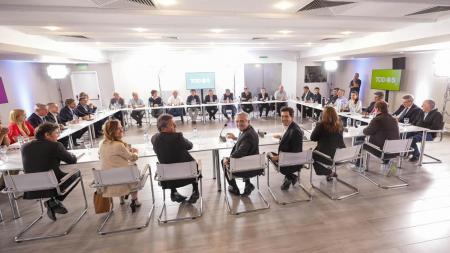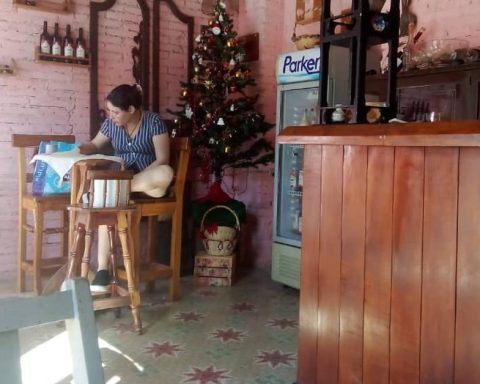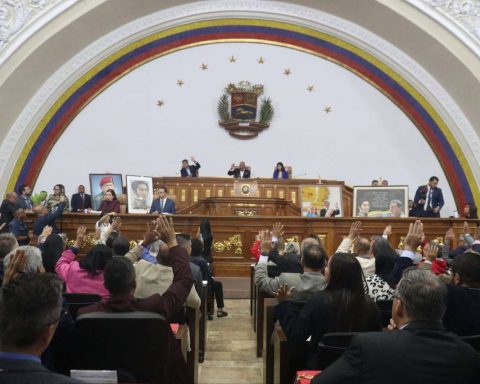Amid much controversy, one of the challenges for deputies and senators this year is to move forward in the discussion of the Bill of fake news (PL 2630). After being approved in the Senate, in June 2020, the text went to the Chamber of Deputies, where it changed almost completely, and has been stopped since April last year.
In the discussion with the deputies, still last year, the proposal suffered a major defeat. By only 8 votes, the proposal did not reach the 257 votes needed to have the procedure accelerated and returned to the stage where it needs to pass through committees or a specific working group. A new urgent request must be guided by the President of the House, Arthur Lira (PP-AL).
Interviewed by the program Uncensoredfrom the TV Brazillast Monday (27), the rapporteur for the proposal in the Chamber, Orlando Silva (PCdoB-SP), spoke about the main points of the text, among which are the criminalization of fake news (fake news), the requirement that technology companies be headquartered in Brazil and the ban on mass shootings in messaging apps.
The text provides for imprisonment of one to three years and a fine for anyone who promotes or finances the mass dissemination of messages that contain “a fact that is known to be untrue” and that could compromise the “healthiness” of the electoral process or cause damage to physical integrity. In addition, platforms will be required to regularly publish semi-annual transparency reports with information on the moderation of false content.
Regarding the responsibility of platforms that monetize or promote disinformation, Silva said that the business model of these digital platforms, application providers and social networks is anchored in extremism, which generates more engagement.
For the deputy, the path may be to make the platform responsible, when there is publicity and boost. “It’s one thing for someone to publish something on the social network, an idea. There, the platforms say that it is freedom of expression. If it’s not illegal content, no problem. But, if paid fake news is published in a company, and that company projects it in a reach that it would never have, it is something else. Companies cannot be partners in the spread of misinformation, fake news and hate speech. Whenever there is momentum, sponsorship and earnings, the platform needs to take responsibility for it,” he said.
controversies
Among the many controversies in the text is the nod that the rapporteur made to parliamentarians by extending parliamentary immunity, provided for in the Federal Constitution, to what is published by him on social networks. “Parliamentary immunity protects the opinions and votes of deputies. There is evil from people who think it serves to shield. Immunity is valid in Parliament, on the networks and on the tribune, but it cannot be used to hide a crime or criminal”, justified Orlando Silva during the Uncensored.
GT
Parallel to the discussion in the National Congress, a working group (GT) will be formed between the Superior Electoral Court (TSE) and the technology platforms, the so-called big techs. The group will send suggestions for the text under discussion by the deputies.
On the initiative of the Ministry of Human Rights and Citizenship, another working group was created to present strategies to combat hate speech and extremism. The first meeting of this group, to define a work plan, should take place after the return of minister Silvio Almeida from the 52nd session of the Human Rights Council of the United Nations (UN), which ends this Friday (3) in Geneva , in Switzerland.
Among the 25 members are the youtuber Felipe Neto, former deputy Manuela D’Ávila and journalist Patrícia Campos Mello. Also within the scope of the government, the Minister of Justice and Public Security, Flávio Dino, has already forwarded suggestions to Orlando Silva.
political environment
Despite all the lack of consensus surrounding the issue and the various parallel discussions in government and civil society and with the big techs, Orlando Silva, is optimistic that the proposal will be voted this semester. “We have more points of convergence than of divergences. The same I would say with the government. And more: we have permanent open channels with the big techs. I, personally, dialogue with Brazilian and international companies, I followed the whole process and I know that we made progress and I am optimistic. The whole world is debating this issue, the whole world is advancing in the approval of laws to guarantee access to information, and I believe that Brazil must tune in to this new reality.”
Silva pointed out that the political environment this year is different. He recalled that the presidents of the Chamber and of the Senate, when elected to head their respective Houses, spoke of the importance of combating fake news. The deputy added that, in addition, the country has a new President of the Republic, with another disposition, who has put the subject on his agenda – during his visit to the United States, the regulation of digital platforms was one of the topics.
Another aspect highlighted by Orlando Silva in the Uncensored was that the European Union passed the Digital Services Act and the Digital Markets Act establishing platform regulation parameters. “If these companies accept a certain standard in Europe, why not in Brazil? We had a January 8 in which Brazil, scandalized, witnessed that barbarism, which shows that the important thing is to combat the publication of illegal content”, he concluded.
With the changes it must undergo in the Chamber, if approved by the House, the bill of fake news will need to go back to the Senate analysis.
















